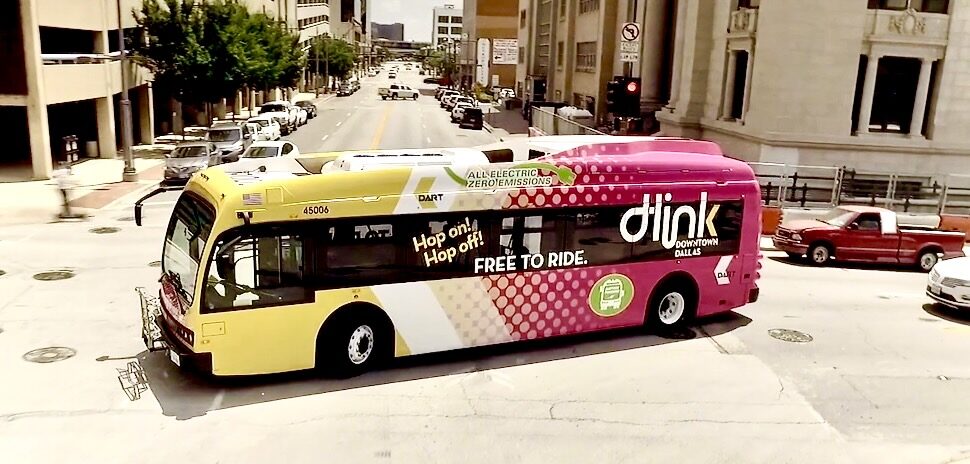COMPOUNDS MAY AID TIRED MILITARY PILOTS, VETERANS WITH GULF WAR ILLNESS
![]() A researcher at the University of North Texas Health Science Center in Fort Worth is studying compounds that could keep sleep-deprived pilots alert while on long missions, or even relieve cognitive impairment associated with Gulf War illnesses.
A researcher at the University of North Texas Health Science Center in Fort Worth is studying compounds that could keep sleep-deprived pilots alert while on long missions, or even relieve cognitive impairment associated with Gulf War illnesses.
UNTHSC’s Meharvan Singh, a professor of pharmacology and neuroscience, is teaming with Kai Shen of Savannah State University in Savannah, Georgia, in this important military health-related exploration.
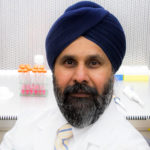
Meharvan Singh
The researchers’ work is in two projects funded with $1.3 million in grants from the Department of Defense.
UNTHSC said that the compounds could help Air Force pilots remain alert, even though their circadian rhythms are thrown off by long flights, time changes, and sleep disturances.
Those same compounds also hold the potential for helping to relieve cognitive impairments associated with Gulf War illness, what UNTHSC said is a unique chronic health disorder with multiple symptoms that is associated with muscular pain, fatigue, and gastroentestinal problems.
Jan Jarvis of UNTHSC tells us more here.
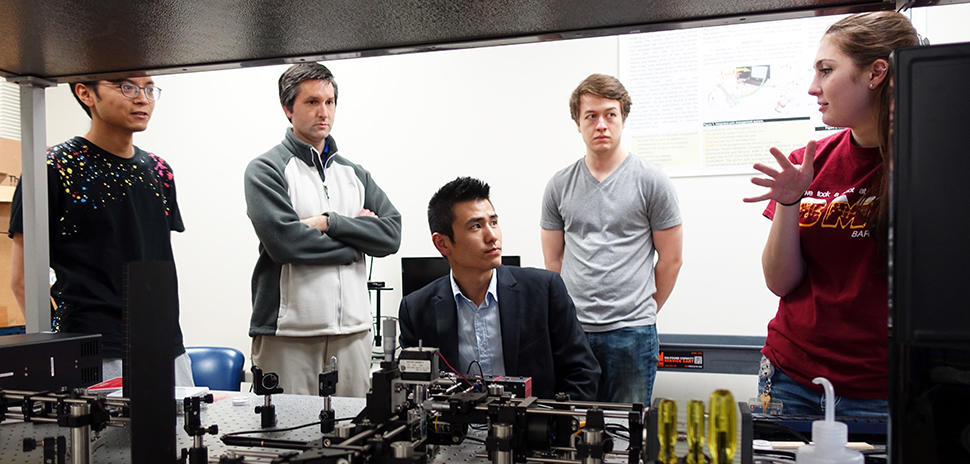
Juhyun Lee, assistant professor in the Bioengineering Department, and students work on an American Heart Association research project. [Photo courtesy of UT Arlington]
RESEARCHER LOOKS AT HOW GENES CAN HELP HEAL A DAMAGED HEART
How might genes be used to heal heart tissue damaged by a heart attack? That’s the question being investigated by a researcher at the University of Texas at Arlington who recently received a three-year, $251,000 grant from the Dallas-based American Heart Association.
The funding for assistant bioengineering professor Juhyun Lee’s work comes in the form of a prestigious Career Development Award from the association.
“Without mechanical forces, gene expression goes away.”
Juhyun Lee
In March, Lee received another grant to develop a new microscope that can capture 3D motion, and then add time to construct a 4D beating heart using optical imaging techniques with fluorescent particles in a zebrafish.
The university said that Lee will use the new grant to examine targeted delivery of messenger RNA, or mRNA, to reverse the damage caused by congenital heart disease by “modulating the mechanical forces to reduce gene expression.”
Lee, then will use nanoparticles to encapulate the mRNA and deliver it to the heart. After he introduces the mRNA, Lee will recover the gene expression to see if there is trabeculation — the formation of often microscopic tissue elements that support or anchor a framework of parts within a body or organ — even as mechanical forces are absent.
“Without mechanical forces, gene expression goes away. We are trying to find a way to stimulate gene expression even in the absence of those mechanical forces,” Lee said in a release.
You can find our more in Herb Booth’s report here.
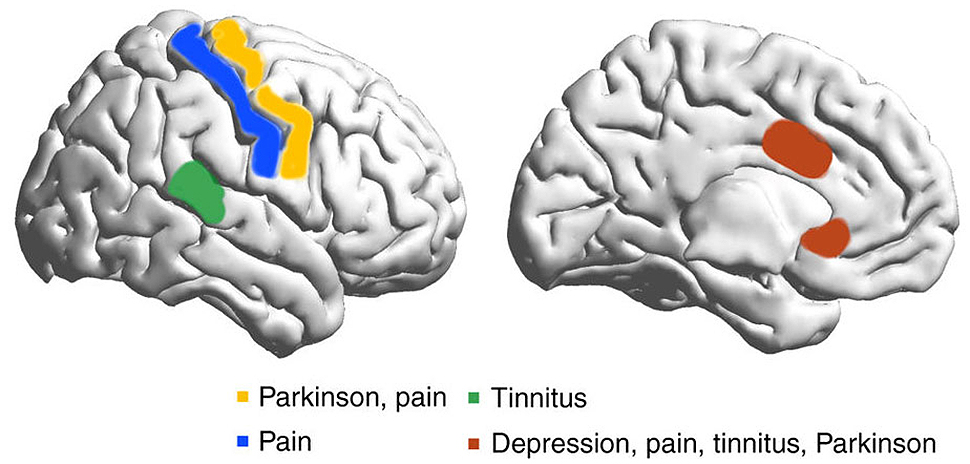
This image shows the spatial distribution of theta-beta and theta-gamma cross-frequency coupling as they relate to different syndromes. [Image courtesy of UT Dallas]
ARE BRAINWAVE ABNORMALITIES A LINK TO THESE 4 CONDITIONS?
Authors of a new study say that a brainwave abnormality may be a common link between Parkinson’s disease, neuropathic pain, tinnitus, and depression.
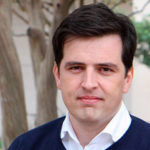
Sven Vanneste
Dr. Sven Vanneste, associate professor in the School of Behavioral and Brain Sciences at University of Texas at Dallas, is among the three authors of the study that appeared in the journal Nature Communications. The paper looks at thalamocortical dysrhythmia (TCD), a theory that ties a disruption of brainwave activity to the symptoms that manifest in a variety of neurological disorders.
The link could lead to new treatments for all four conditions, according to UTD.
The other authors are Dr. Jae-Jin Song of South Korea’s Seoul National University and Dr. Dirk De Ridder of the University of Otago in New Zealand.
The researchers analyzed electroencephalograph and functional brain mapping data from more than 500 people to develop their conclusions.
“We fed all the data into the computer model, which picked up the brain signals that TCD says would predict if someone has a particular disorder,” Vanneste said in a release. “Not only did the program provide the results TCD predicted, we also added a spatial feature to it. Depending on the disease, different areas of the brain become involved.”
![]()
Get on the list.
Dallas Innovates, every day.
Sign up to keep your eye on what’s new and next in Dallas-Fort Worth, every day.






